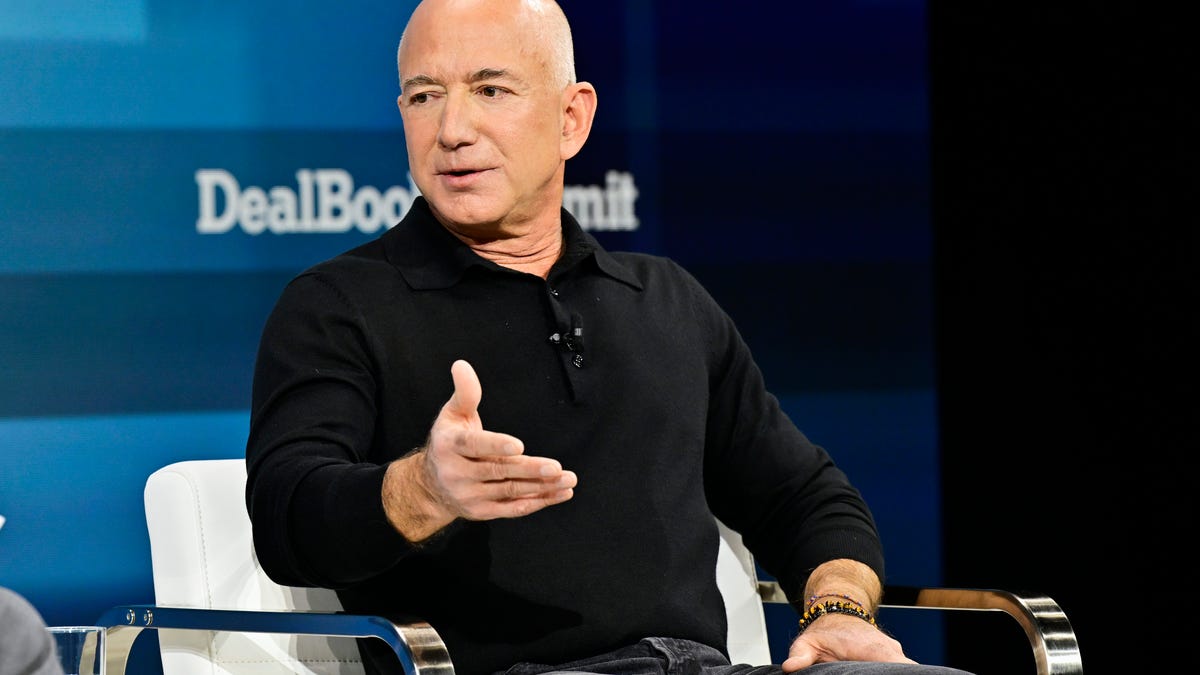Bussiness
Jeff Bezos says Blue Origin ‘is not a very good business yet’

In This Story
Amazon (AMZN+2.20%) founder Jeff Bezos said his space venture may not be a good business today, but that doesn’t mean it won’t be one tomorrow.
Blue Origin “is not a very good business yet,” Bezos said Wednesday at The New York Times (NYT+1.19%)’ DealBook Summit. But the world’s second-wealthiest person is hopeful about the space exploration company’s potential, going so far as to say it could be bigger than his e-commerce giant.
“I think it’s going to be the best business that I’ve ever been involved in, but it’s going to take a while,” Bezos said.
While there are no confirmed figures of Blue Origin’s valuation, Amazon — which he founded in 1994 — is worth more than $2 trillion.
But Bezos wants people to know he’s committed to the fledgling firm. When he interviewed the firm’s chief executive officer David Limp for the role last year, Limp asked Bezos whether Blue Origin is “a hobby or a business?” he told CNBC in October. Bezos assured him that the company was a business.
Despite founding Blue Origin in 2000, the company has only recently become a serious player in the aerospace industry. But it faces an uphill battle, including steep competition from Elon Musk’s own space company, SpaceX, which has ramped up test launches of its Starship spacecraft and deployed dozens of Starlink satellites into orbit this year alone.
Musk’s company is also reportedly seeking a tender offer that would value it at $350 billion, up from $210 billion earlier this year. That would make it the most valuable private company in the world, ahead of TikTok parent Bytedance.
The debut launch of Blue Origin’s own massive New Glenn rocket is expected before the end of 2024, but it may instead take place early next year. The company’s new Blue Ring satellite will be aboard the flight.
In May, NASA tapped Blue Origin for its next crewed flight to the moon. The Pentagon also selected Blue Origin, along with SpaceX and United Launch Alliance, to provide launch services for the U.S. Space Force. The three companies will compete for contracts potentially worth up to $5.6 billion over five years starting in 2025.










